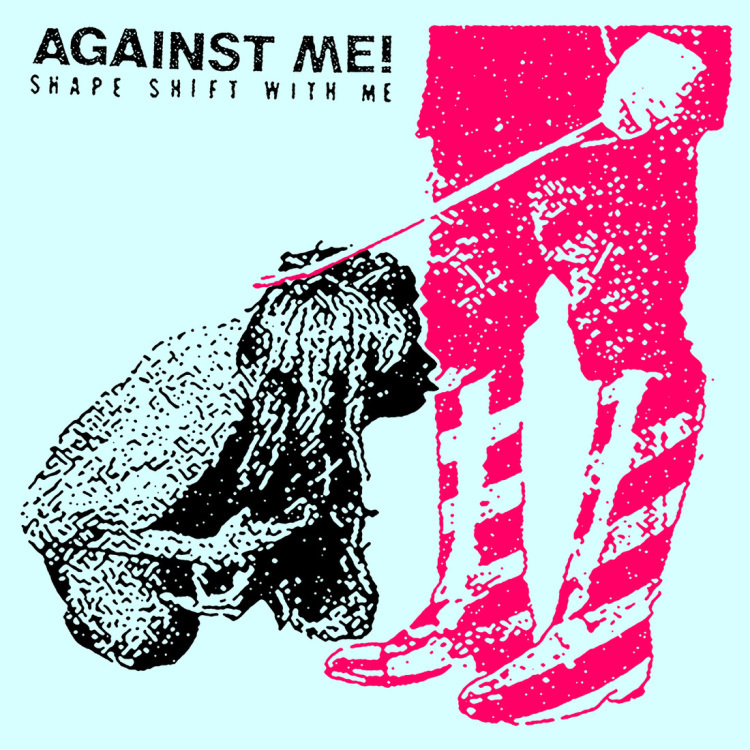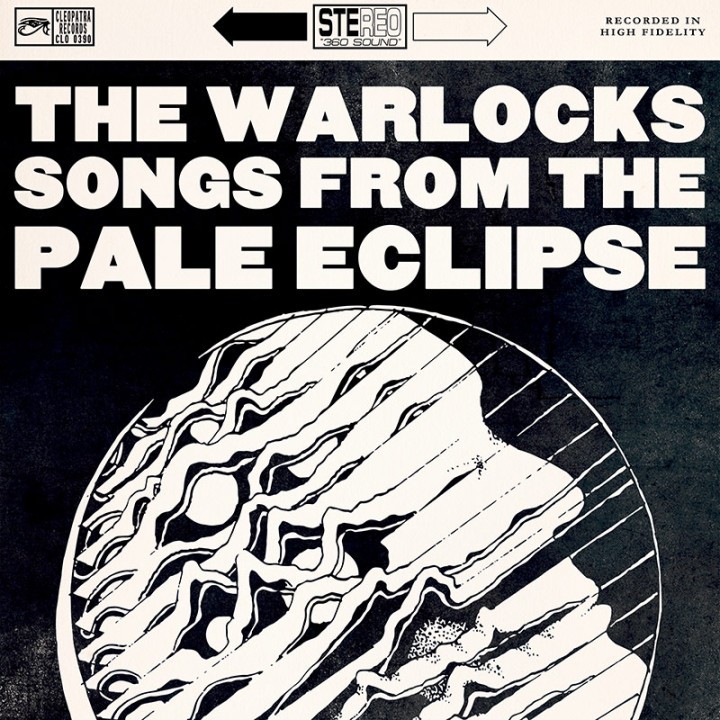You can’t always pinpoint precisely where things started to go wrong for an artist. It isn’t always possible to pick out the moment at which the malaise began to set in, the stage where you realised there was huge potential being squandered. It’s easy with M.I.A. It was Maya. If that record, her third, was supposed to be more personal - after all, and like its successor, it took her name as its own - then it didn’t show. Furthermore, with ‘Paper Planes’ established as a hit and her stock stratospheric in the alternative music world, the political themes explored on her first two records - which were as wildly scattershot as her musical cues - should finally have been elucidated.
They weren’t. The writing was on the wall when she released a controversial video for ‘Born Free’ that, just like the album itself, was muddled in its message. When the extent of her investigation of social media was the line “you’re tweeting me like Tweety Bird on your iPhone”, the omens weren’t especially great for the rest of the album insofar as delving into societal subject matter was concerned. Speaking to Rolling Stone last year, M.I.A. - or Maya Arulpragasam, when she’s at home - seemed to bemoan the modern world we find ourselves in. Everything, she suggested, was so much better as recently as 2005 - food, music, sex. It’s hard not to feel those comments said an awful lot about where she is now. On the basis of Maya and its equally hit-and-miss follow-up, 2013’s Matangi, it seems like the songwriter once pegged as the voice of her generation has been cruelly outstripped by the breakneck evolution of the internet.
Here’s something else Arulpragasam said in an interview, with Radio 1 back in July; this fifth album might be her last. If nothing else, that should suggest a degree of urgency on the part of somebody who has continued to dig further into the political rabbit hole even as her critics have claimed she was out of her depth to begin with. The build-up to AIM has lent them considerable ammunition, the kind that ranks higher on the charge sheet than Super Bowl finger malfunctions. She waded clumsily into the Black Lives Matter conversation with a toe-curling lack of nuance, and was axed from the bill of a London festival as a result. She went on to have a strop when the video for ‘Borders’, this album’s first single, failed to pick up a nomination at the MTV VMAs, accusing the judging panel of racism, sexism, classism and elitism - despite the fact that the prize for Video of the Year was taken home by a black woman from an upper-working-class background for a song that is nothing less than a black power anthem.
Unlike ‘Formation’, or indeed Lemonade as a whole, AIM sorely lacks a concise political message. ‘Borders’ is the exception, a searing treatise on the refugee crisis that both lyrically and musically tackles the subject with the necessary level of incisiveness and tenacity, pulling apart the mainstream media’s tendency to dehumanise those literally running for their lives from war. The breakbeats chatter like rifle fire, and the melody’s unsettling. It’s proof she can still do it, when she wants to; she can still unite music and message to stirring effect.
You have to wonder, then, why much of the rest of AIM feels, by turns, confused and half-arsed. ‘Go Off’ is a weak dig at authority and the establishment. She’s perhaps trying to be too broad on ‘A.M.P. (All My People)’ when she makes a call for togetherness that ‘Borders’ does twice as well despite trying half as hard. ‘Bird Song’ is littered with fist-bitingly bad puns, with ostriches, toucans and doves all name-checked - but why? Elsewhere, the "haters" take a battering on ‘Finally’, and closer ‘Platforms’ sees Arulpragasam declare that “the tech dudes are the only ones having a good day” in the same breath as she tells us “power to the people, yeah, the light is never done”. What are we supposed to be empowered against? App developers? Internet startups?
This tepid vagueness of approach would be easier to forgive if AIM felt sonically cutting edge. On Matangi, it already looked as if Arulpragasam was beginning to run out of ideas, and there’s nothing to dispel that notion here. In fact, she rubber-stamps her lack of invention in dazzlingly brazen style on ‘Visa’, by interpolating her breakthrough single ‘Galang’ and rifling through nods to other old tracks of hers. It doesn’t half make you pine for 2005, just like she herself did in that Rolling Stone profile; back in the Arular days, everything about her brimmed with such vibrancy, and you didn’t worry about the diffuse nature of the message she was conveying because there was still plenty of time for her to refine her craft.
Who knew that, a decade later, she’d sound this burnt out. Aggressively looped vocals (‘Fly Pirate’, ‘Jump In’) don’t cut the mustard any more; they’re so dated. ‘Survivor’ shoots for pop sheen, but ends up paper-thin. Zayn Malik’s turn on ‘Freedun’ is terribly milquetoast for somebody who very publicly decided he was fed up of doing things by the book. As was the case with both Maya and Matangi, there are only fleeting glimpses of brilliance on a long-player littered with ideas that never seemed to get past the kernel stage. Most telling of all is that, for all her posturing as a firebrand, the political quip that best sums her up comes from a prime minister who first rose to prominence in 2005 (when else?), and who receded from the public eye this month having habitually failed to deliver. She was the future once.
-
4Joe Goggins's Score






















